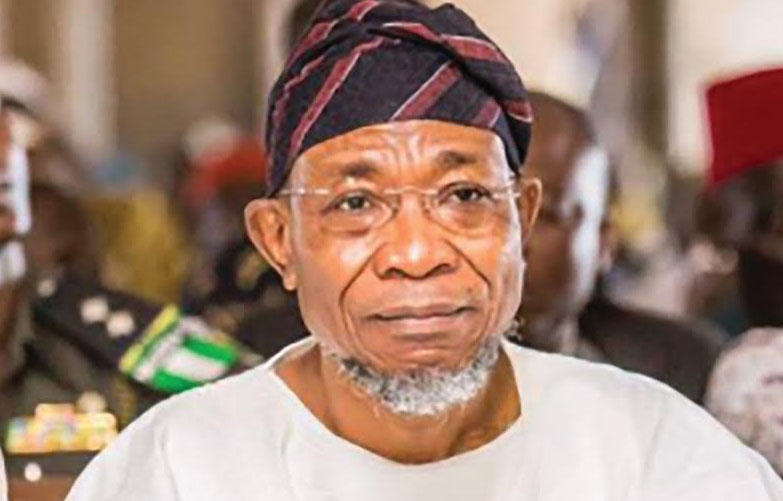The expulsion of former Osun State governor, Ogbeni Rauf Aregbesola, by the Osun State chapter of the All Progressives Congress (APC) last Wednesday sent a clear signal that the presidency and the national leadership of the APC are distancing themselves from the two-term former Commissioner of Works in Lagos State. Rumors had circulated that Aregbesola was planning to form a new political party to challenge the next gubernatorial election in Osun in 2026 and possibly frustrate President Bola Tinubu’s re-election bid in 2027. Thus, there was a need to diminish his political influence.
Aregbesola has been battling to maintain his political relevance at the national level, in Osun where APC is in opposition, and in Lagos, especially in Alimosho Federal Constituency, where he previously held significant sway. As governor of Osun State from 2010 to 2018, Aregbesola leveraged his popularity to influence the state’s politics, implementing notable projects in education and infrastructure.
However, his political challenges began when he chose a successor from the Osun West Senatorial District against the preference of his benefactor, President Tinubu, who favored his nephew, Gboyega Oyetola. Despite Aregbesola’s opposition, Oyetola became governor in 2018, leading to further tensions when Oyetola reversed several of Aregbesola’s policies. This division resulted in a split within Osun APC between supporters of Aregbesola, Tinubu, and Oyetola.
Efforts to reconcile the factions within Osun APC have failed, largely due to Aregbesola’s faction, The Osun Progressives (TOP), now the Omoluabi Progressives Caucus, maintaining its stance. Aregbesola’s refusal to support Oyetola for a second term, comparing his performance unfavorably to former Lagos governor Akinwunmi Ambode, added to the discord. Aregbesola’s alliance with the PDP in the 2022 Osun governorship election, which led to Oyetola’s defeat, further strained relations with Tinubu.
Aregbesola’s support for former Vice President Yemi Osinbajo’s presidential bid against Tinubu during the APC primaries intensified the rift. Attempts to mediate the conflict, including a meeting at the Lagos Governor’s House, failed, exacerbated by Aregbesola’s open criticism of Tinubu.
The situation worsened with Oyetola’s loss in Osun, leading to efforts by Tinubu’s allies to undermine Aregbesola’s influence in Lagos. Aregbesola’s exclusion from key political appointments in Tinubu’s administration highlighted the depth of their estrangement.
The future of Aregbesola in the APC seems bleak unless he reconciles with Tinubu. Recently, the APC in Osun declared Aregbesola a persona non grata, with the party’s secretary, Kamoru Alao, warning members against associating with him or his group, the Omoluabi Progressives. Aregbesola’s spokesperson, Sola Fasure, criticized the APC’s disarray in response to his expulsion.
Internal conflicts within Osun APC have hindered the state’s political alignment with other Southwest progressives. Liadi Tella, an APC leader in Osun, argued that Aregbesola’s downfall was self-inflicted, noting his refusal to heed advice to reconcile with Oyetola and avoid unnecessary conflicts with Tinubu.
The ongoing struggle raises questions about Aregbesola’s political future and the potential for reconciliation within the APC. However, as some suggest, unless Aregbesola changes his approach, his political prospects may remain uncertain.

